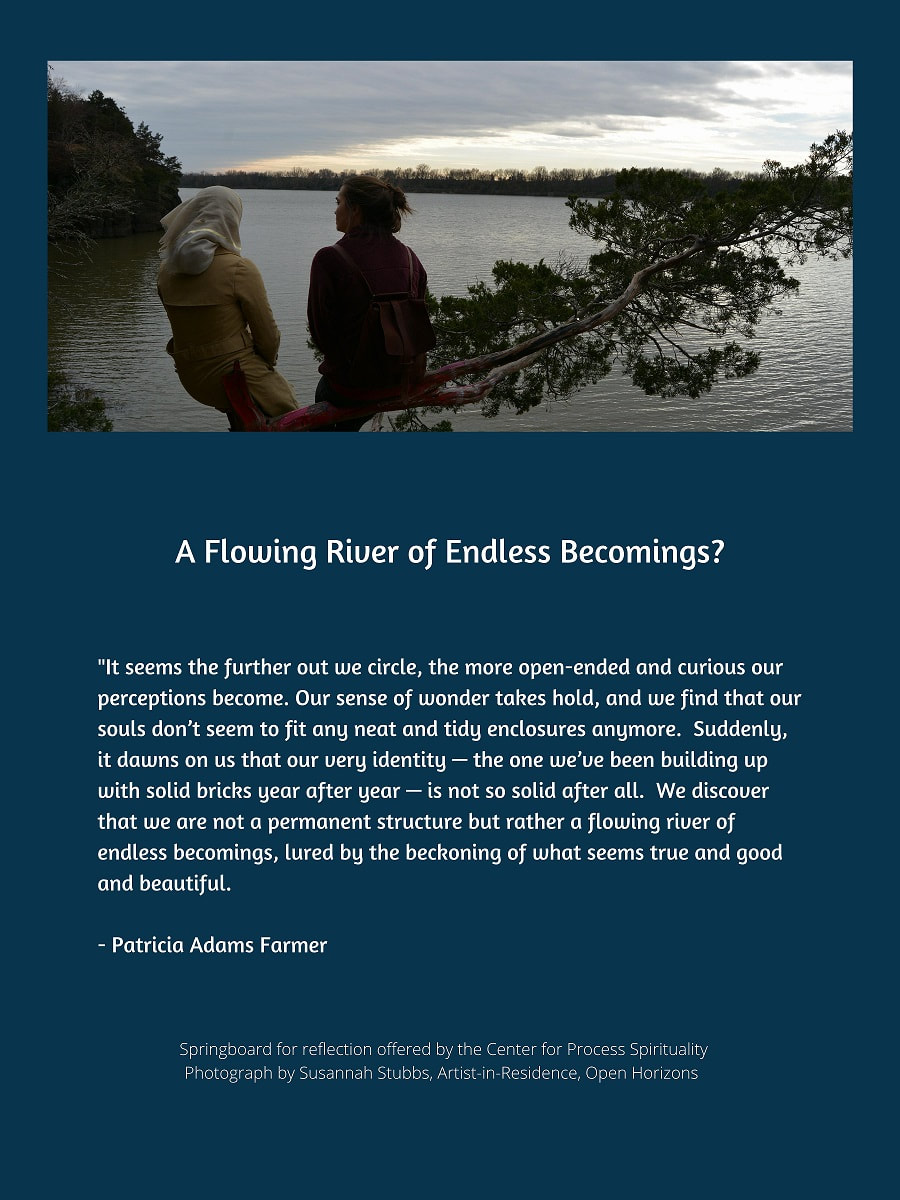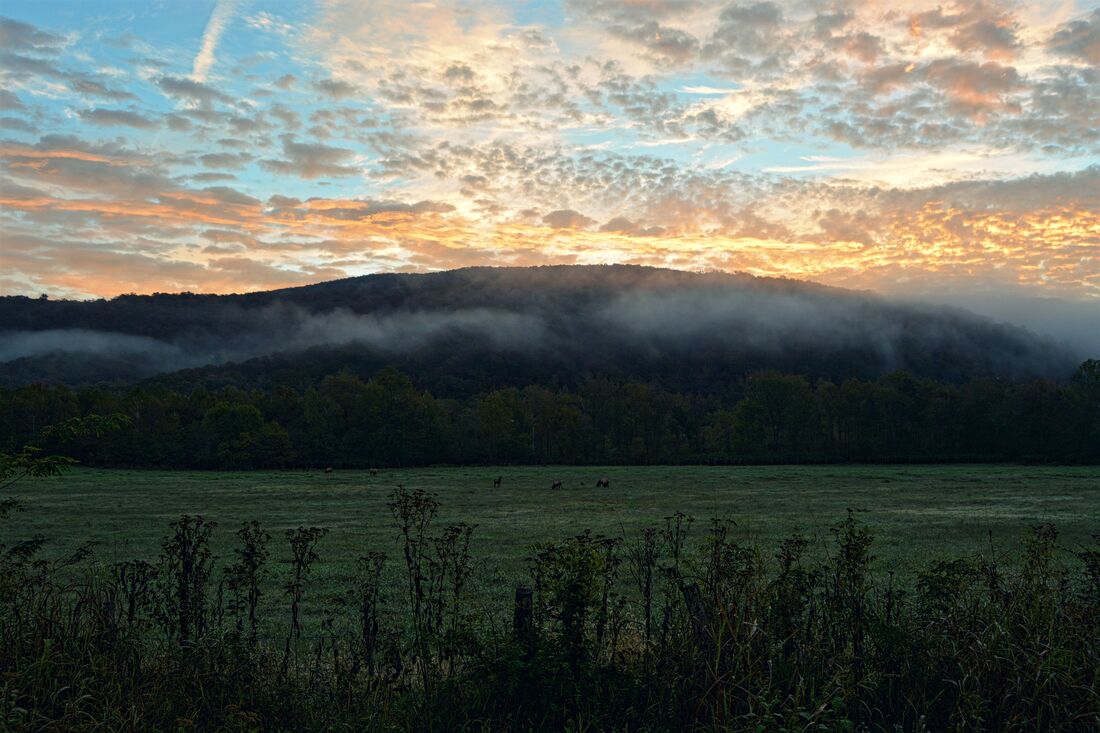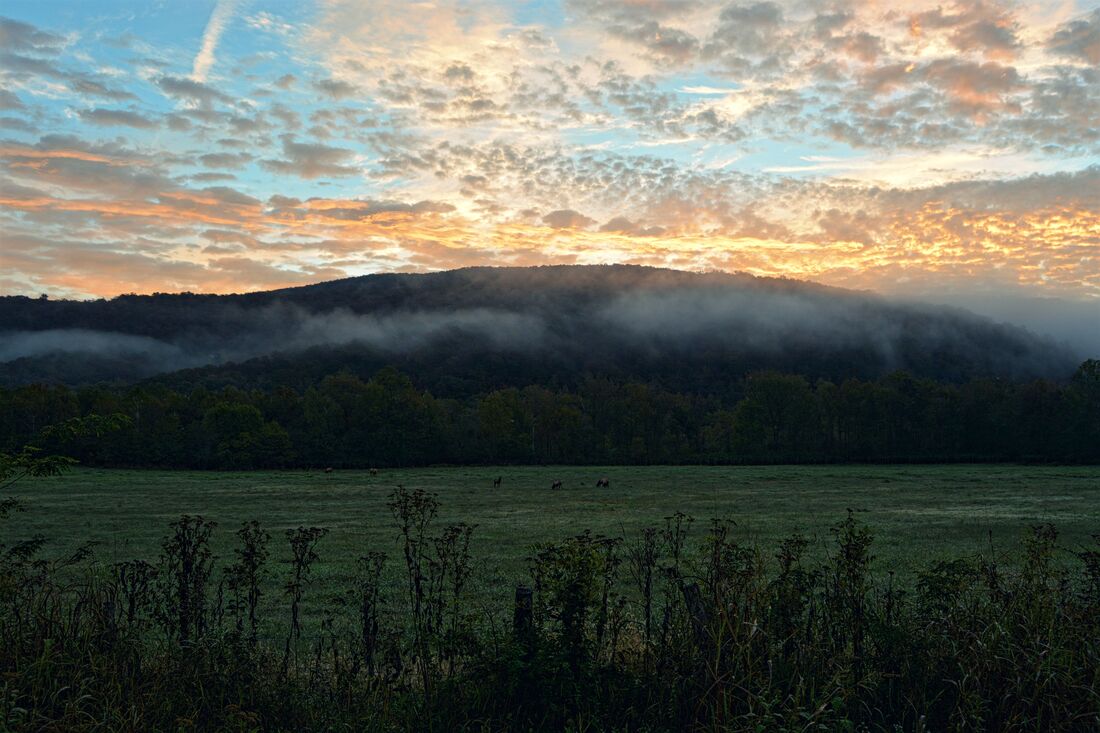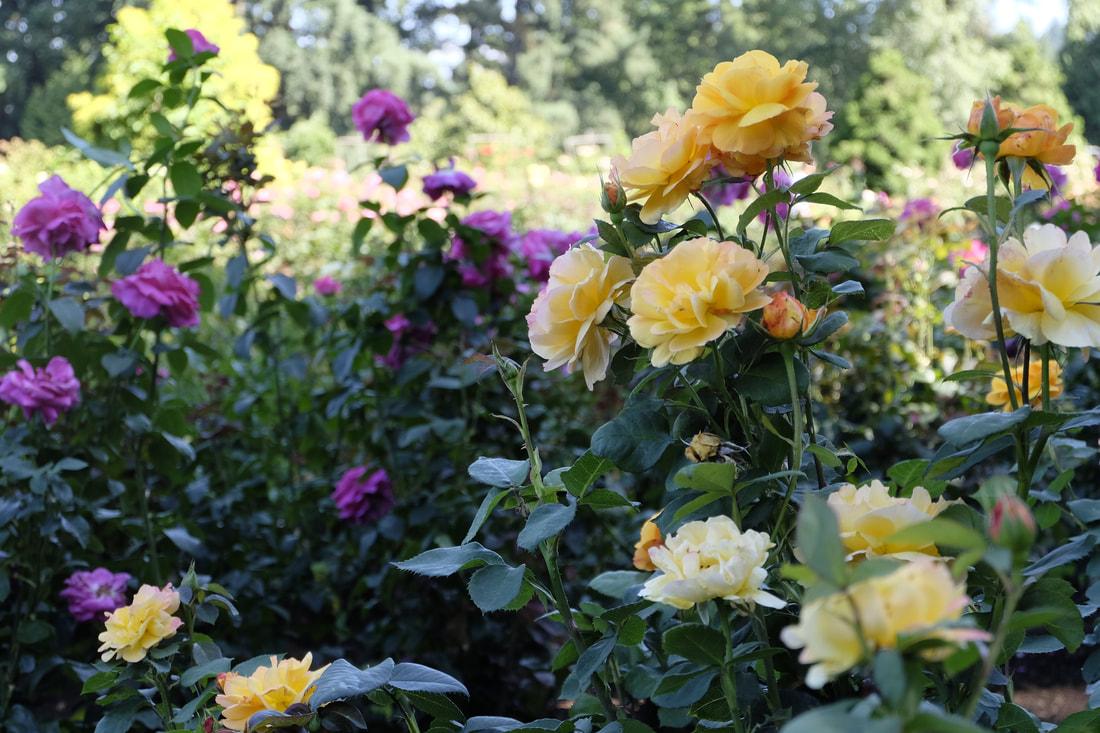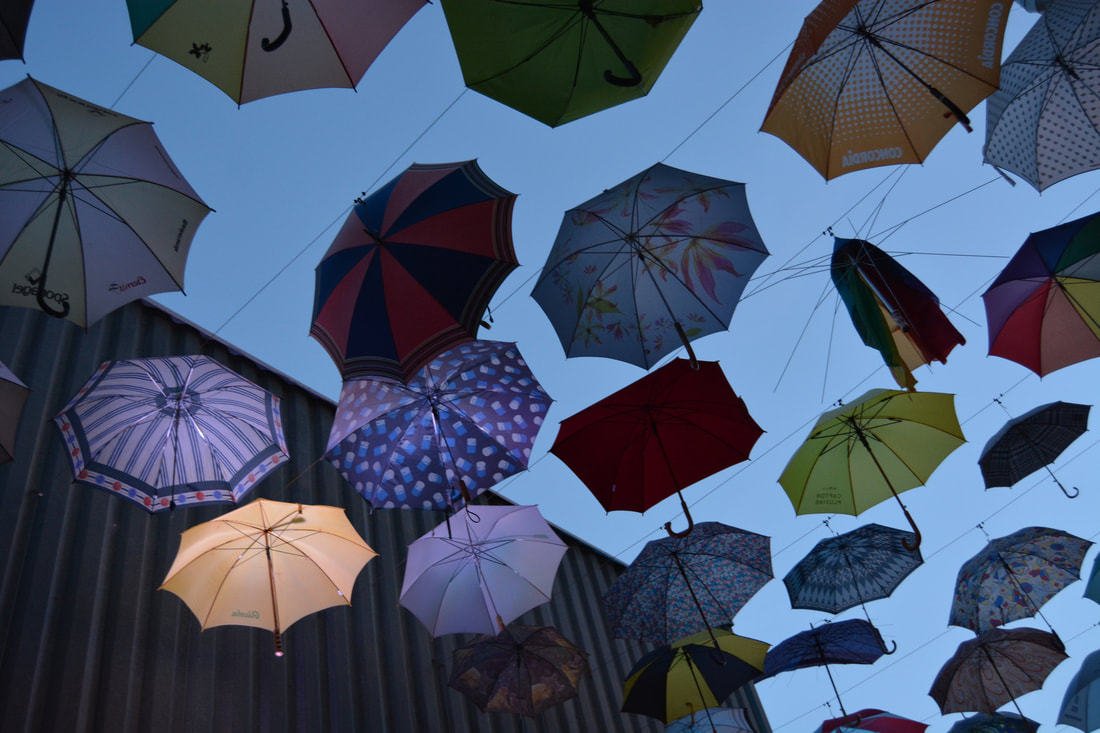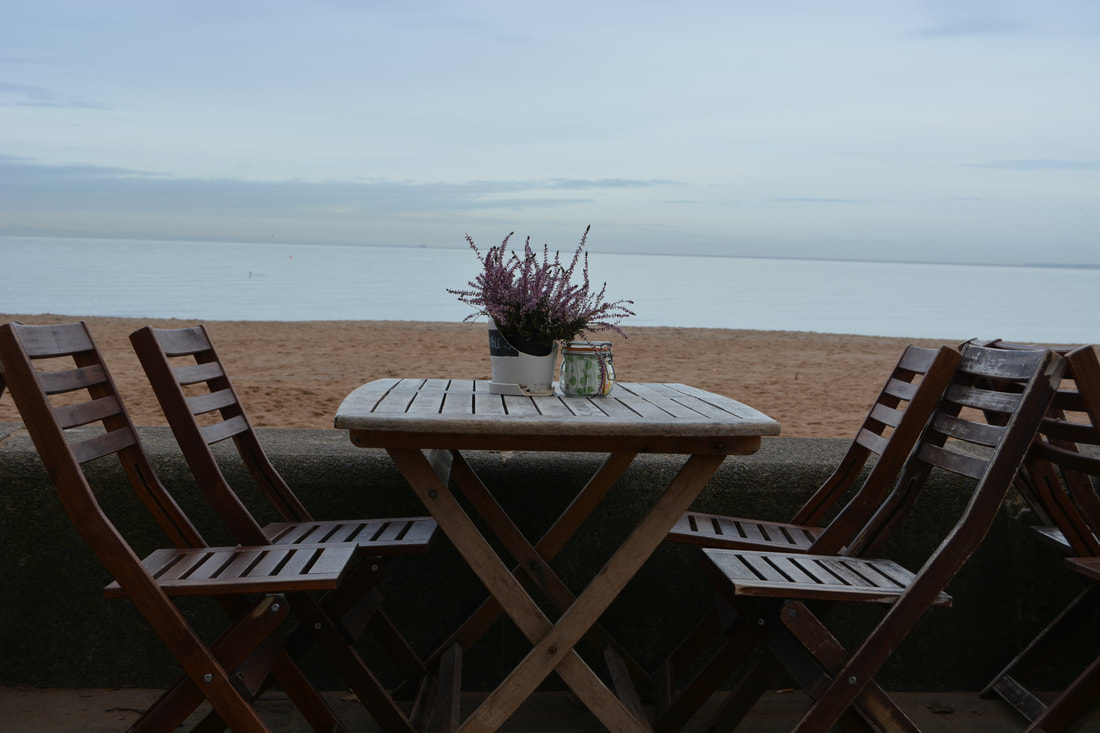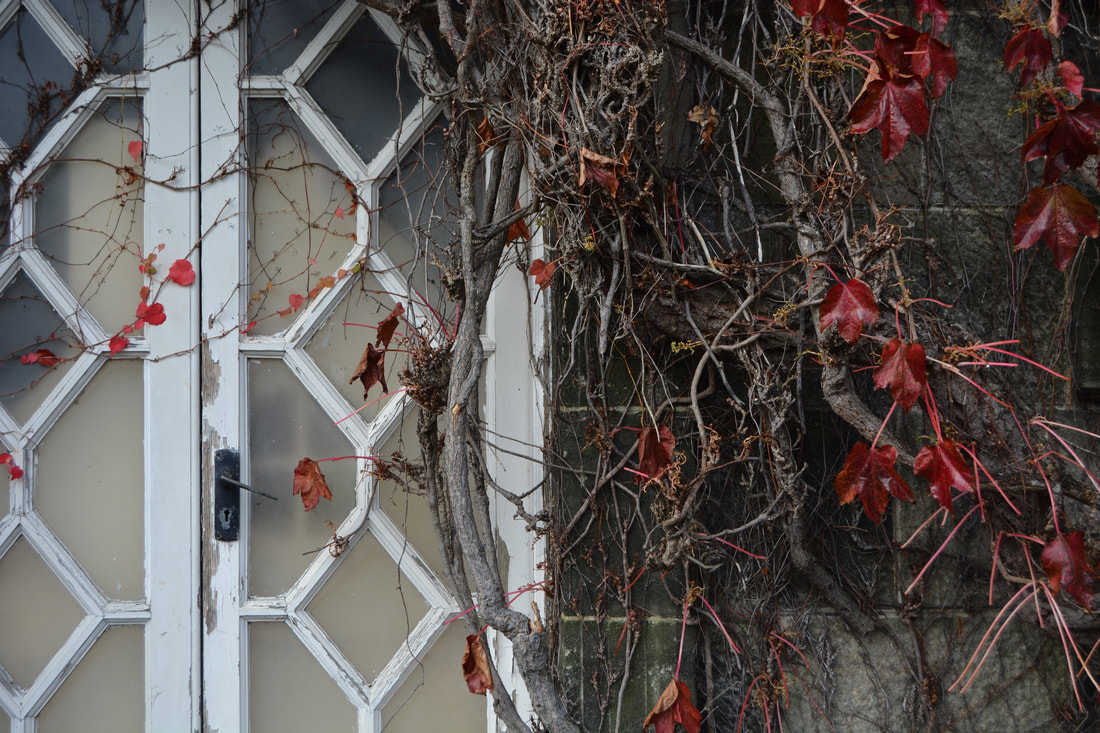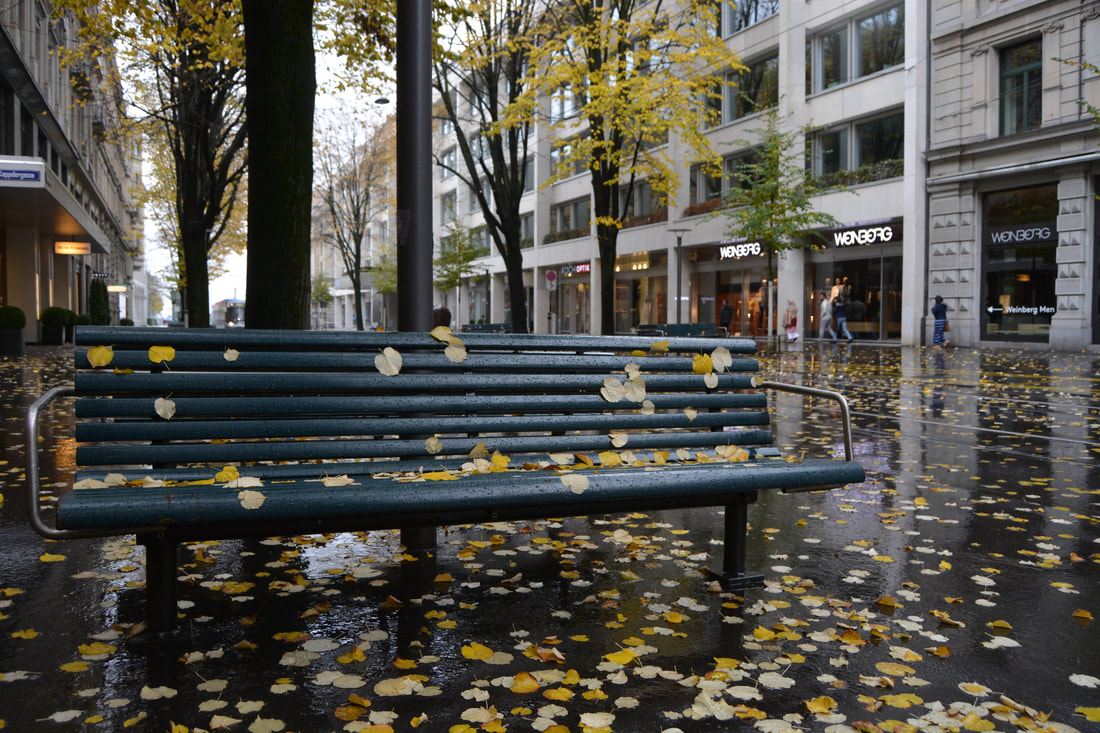- Home
- Process Worldview
- Community
- Art and Music
- Whitehead and Process Thinking
- Podcasts
- Spirituality
- Ecological Civilization
- Education
- Contact
- Social Justice
- Science
- Animals
- Sacred Poems
- Whitehead Videos
- Index of All Titles
- Practicing Process Thought
- Process Spirituality: A Spiritual Alphabet
- Recent Posts
Widening Out into Beauty
Spiritual Pilgrimage as Growing
into an Open-Ended Life
by
Patricia Adams Farmer
I live my life in widening circles
|
Perhaps the spiritual life is not so much a linear journey, as it is a kind of unfinished spiral—an ever-broadening orbit around something greater than ourselves. The poet Rilke seems to be saying that we grow larger by these ever-widening circles—and passionate and wiser, too; and most of all, we develop a humility about what we know. And even who we are.
It seems the further out we circle, the more open-ended and curious our perceptions become. Our sense of wonder takes hold, and we find that our souls don’t seem to fit any neat and tidy enclosures anymore. Suddenly, it dawns on us that our very identity—the one we’ve been building up with solid bricks year after year—is not so solid after all. We discover that we are not a permanent structure but rather a flowing river of endless becomings.
It’s unsettling. Even terrifying. And yet, it is a fact of life that the daunting power of flowing water will knock down even the strongest illusion of permanence.
Who am I? . . . And I still don’t know: am I falcon, a storm, or a great song?
Sixty-nine-year-old Paulo Coelho, the celebrated Brazilian writer (author of The Alchemist), was recently interviewed by Krista Tippett (On Being). She asked him how he would answer the persistent human question: Who am I? Mr. Coelho answered:
To be totally honest, I don’t know who I am. And I don’t think people ever will know who they are. We have to be humble enough to learn to live with this mysterious question. Who am I? So, I am a mystery to myself. I am someone who is in this pilgrimage from the moment that I was born to the day to come that I’m going to die . . . So what I have to do is honor this pilgrimage through life. And so I am this pilgrim . . . who’s constantly amazed by this journey. Who is learning a new thing every single day . . . I am this person who is proud to be a pilgrim, and who’s trying to honor his journey.
Honoring the Journey
“Honoring the journey”—perhaps this is the best approach to the open-ended life, a life of widening circles. Like Paulo Coelho, we would do well to embrace the mystery of our lives with humility and reverence.
And If we could extend that same reverence to those whose journeys are vastly different from ours, the world would look vastly different, too. Today, the quest for certainty—that sense of absolute and unerring knowing—alienates us from each other: religion, politics, economic theories, and the right way to interpret the book of Revelation. The craving for absolute certainty and tight control locks us into frozen, impenetrable, self-enclosed circles that keep others out.
If Socrates—famous for saying, “The only true wisdom is in knowing you know nothing”—walked the earth today, he would probably drink the hemlock all over again, this time, voluntarily.
The tragic marriage of Fear and Ignorance creates small-minded, tightly closed circles of certainty that know nothing of the open-ended way. But the wise ones eventually grow beyond tightly drawn circles of absolute knowing and let go to the wild adventure of unknowing and re-learning, of becoming fresh in each new circling, life-stage, and even in each new moment.
The Widening-Out Ones rebelliously break from the stifling monotony of the same, rigid circle, daring instead to widen out in hospitality, discovery, and spiritual adventure.
Fear does not define the Widening-Out Ones: they choose an open-ended life despite fear, allowing the spaciousness of curiosity and compassion to transcend the rigid smallness of certainty.
Divine Beauty
But widening out is not the same as "spiraling out of control." The open-ended life is not a chaotic free-for-all. It is more like poetry, a life driven by imagination.
The daring ones, the Widening-Out Ones, are tethered by the centripetal force of something greater than themselves. Some call it God, some call it meaning, some call it love. I like to think of it as Beauty—divine Beauty, for this is the way Rilke viewed God—not as one “in king’s robes” but rather "dark and web like." Rilke translators/interpreters Anita Barrows and Joanna Macy suggest that “Rilke’s God is an intimate partner, beyond all dualism of matter and spirit.”[1]
As a process theologian, I believe that Rilke’s God is very much like the God of the great philosopher Alfred North Whitehead: not an all-controlling king up in the sky, but rather “the poet of the world.” According to process theology, we live in a web of interconnection, and that includes God, our great companion. This God is not the "self-enclosed," apathetic image of God that came down to us through Aristotle. This God—a Beautiful God—is the Primordial Tower of mutual connection, love, suffering, and creative transformation.
And when we experience the magnetism of such Beauty—whether it be in a blade of grass, a tremor of love, or a great cathedral—we catch a glimpse of the divine mystery. We know that we are not alone if there is still poetry in the world.
The song of a blackbird, a kind word, a beautiful painting, a religious ritual, a loving embrace—with these gifts, Beauty returns us to ourselves, our best selves, and to our deeper connections to each other and to the earth.
Thinking abut God in images of tender Beauty changes everything. This is an ecological embrace of divinity: We protect God—we love God—by protecting the rivers, the Black Rhino, the Leatherback Turtle.
Beauty attracts and lures like a lover rather than coerces and forces like a tyrant. Beauty delights and surprises and invites us to dance to silly love songs.
Beauty keeps us from flying off course or cracking up into stardust. Beauty centers us in peace.
Beauty can be trusted. Beauty will never leave us or forsake us, for it is divine and eternal and awaits our embrace, unceasingly, with open arms. Even in the winter of our lives, it blooms somewhere—a poem, a fugue, a child’s play, a prayer, a fresh idea, a new friendship, a cat’s graceful leap into our lap. To experience Beauty is to experience the divine presence at the core of everything.
Beauty is present even if often invisible; but when we seek it or simply stumble upon it, we experience that comforting reassurance that there is more to this life than suffering, brutality, death, and hopelessness. Beauty lures us to imagine alternative stories in which to create our own story, and the story of our beautiful, beleaguered planet.
Beauty challenges us. Circling round the same safe groove keeps us small and afraid. Like a mother bird nudging her babies out of the nest so they can learn to fly, so Beauty nudges us out beyond the comfortable in order to explore the tantalizing possibilities that open up with each new becoming moment.
Alfred North Whitehead believed that every moment is a new becoming, that life—even to the tiniest droplet of experience—is open-ended, chock-full of possibility, and imbued with the intention of the most beautiful ending possible. This “ending” is but the beginning of yet another journey around the Primordial Tower of mystery, possibility, and divine companionship.
The Enlarging Effect of Beauty
A beautiful life is an open-ended life, a widening out into fresh landscapes of wonder, delight, and connection. It is a playful life, too, not given to cynicism and stodginess. In other words, Beauty enlarges our souls, or what we at Open Horizons sometimes call “the fat soul,” the soul too large for the restrictive clothing of certainty, self-righteousness, and us-and-them philosophies. A fat soul philosophy dares to enlarge even our view of Beauty—to see Beauty everywhere in the rich contrasts and delightful peculiarities of diversity.
Beauty ultimately sets us free: free from the restrictions of a narrow self-identity, free from the fear of the Other, and free to love God and the world with all our heart, soul, mind, and strength.
As we circle ever wider around that great Primordial Tower, our fears never cease; but they are accompanied by a deepening faith in something bright and beautiful and beyond our own small lives. Tethered to the luminous lure of Beauty, we can--even in the dark places--find unceasing reasons for hope.
[1] Joanna Macy and Anita Barrows, A Year with Rilke (Harper One, 2009) xiii.
It seems the further out we circle, the more open-ended and curious our perceptions become. Our sense of wonder takes hold, and we find that our souls don’t seem to fit any neat and tidy enclosures anymore. Suddenly, it dawns on us that our very identity—the one we’ve been building up with solid bricks year after year—is not so solid after all. We discover that we are not a permanent structure but rather a flowing river of endless becomings.
It’s unsettling. Even terrifying. And yet, it is a fact of life that the daunting power of flowing water will knock down even the strongest illusion of permanence.
Who am I? . . . And I still don’t know: am I falcon, a storm, or a great song?
Sixty-nine-year-old Paulo Coelho, the celebrated Brazilian writer (author of The Alchemist), was recently interviewed by Krista Tippett (On Being). She asked him how he would answer the persistent human question: Who am I? Mr. Coelho answered:
To be totally honest, I don’t know who I am. And I don’t think people ever will know who they are. We have to be humble enough to learn to live with this mysterious question. Who am I? So, I am a mystery to myself. I am someone who is in this pilgrimage from the moment that I was born to the day to come that I’m going to die . . . So what I have to do is honor this pilgrimage through life. And so I am this pilgrim . . . who’s constantly amazed by this journey. Who is learning a new thing every single day . . . I am this person who is proud to be a pilgrim, and who’s trying to honor his journey.
Honoring the Journey
“Honoring the journey”—perhaps this is the best approach to the open-ended life, a life of widening circles. Like Paulo Coelho, we would do well to embrace the mystery of our lives with humility and reverence.
And If we could extend that same reverence to those whose journeys are vastly different from ours, the world would look vastly different, too. Today, the quest for certainty—that sense of absolute and unerring knowing—alienates us from each other: religion, politics, economic theories, and the right way to interpret the book of Revelation. The craving for absolute certainty and tight control locks us into frozen, impenetrable, self-enclosed circles that keep others out.
If Socrates—famous for saying, “The only true wisdom is in knowing you know nothing”—walked the earth today, he would probably drink the hemlock all over again, this time, voluntarily.
The tragic marriage of Fear and Ignorance creates small-minded, tightly closed circles of certainty that know nothing of the open-ended way. But the wise ones eventually grow beyond tightly drawn circles of absolute knowing and let go to the wild adventure of unknowing and re-learning, of becoming fresh in each new circling, life-stage, and even in each new moment.
The Widening-Out Ones rebelliously break from the stifling monotony of the same, rigid circle, daring instead to widen out in hospitality, discovery, and spiritual adventure.
Fear does not define the Widening-Out Ones: they choose an open-ended life despite fear, allowing the spaciousness of curiosity and compassion to transcend the rigid smallness of certainty.
Divine Beauty
But widening out is not the same as "spiraling out of control." The open-ended life is not a chaotic free-for-all. It is more like poetry, a life driven by imagination.
The daring ones, the Widening-Out Ones, are tethered by the centripetal force of something greater than themselves. Some call it God, some call it meaning, some call it love. I like to think of it as Beauty—divine Beauty, for this is the way Rilke viewed God—not as one “in king’s robes” but rather "dark and web like." Rilke translators/interpreters Anita Barrows and Joanna Macy suggest that “Rilke’s God is an intimate partner, beyond all dualism of matter and spirit.”[1]
As a process theologian, I believe that Rilke’s God is very much like the God of the great philosopher Alfred North Whitehead: not an all-controlling king up in the sky, but rather “the poet of the world.” According to process theology, we live in a web of interconnection, and that includes God, our great companion. This God is not the "self-enclosed," apathetic image of God that came down to us through Aristotle. This God—a Beautiful God—is the Primordial Tower of mutual connection, love, suffering, and creative transformation.
And when we experience the magnetism of such Beauty—whether it be in a blade of grass, a tremor of love, or a great cathedral—we catch a glimpse of the divine mystery. We know that we are not alone if there is still poetry in the world.
The song of a blackbird, a kind word, a beautiful painting, a religious ritual, a loving embrace—with these gifts, Beauty returns us to ourselves, our best selves, and to our deeper connections to each other and to the earth.
Thinking abut God in images of tender Beauty changes everything. This is an ecological embrace of divinity: We protect God—we love God—by protecting the rivers, the Black Rhino, the Leatherback Turtle.
Beauty attracts and lures like a lover rather than coerces and forces like a tyrant. Beauty delights and surprises and invites us to dance to silly love songs.
Beauty keeps us from flying off course or cracking up into stardust. Beauty centers us in peace.
Beauty can be trusted. Beauty will never leave us or forsake us, for it is divine and eternal and awaits our embrace, unceasingly, with open arms. Even in the winter of our lives, it blooms somewhere—a poem, a fugue, a child’s play, a prayer, a fresh idea, a new friendship, a cat’s graceful leap into our lap. To experience Beauty is to experience the divine presence at the core of everything.
Beauty is present even if often invisible; but when we seek it or simply stumble upon it, we experience that comforting reassurance that there is more to this life than suffering, brutality, death, and hopelessness. Beauty lures us to imagine alternative stories in which to create our own story, and the story of our beautiful, beleaguered planet.
Beauty challenges us. Circling round the same safe groove keeps us small and afraid. Like a mother bird nudging her babies out of the nest so they can learn to fly, so Beauty nudges us out beyond the comfortable in order to explore the tantalizing possibilities that open up with each new becoming moment.
Alfred North Whitehead believed that every moment is a new becoming, that life—even to the tiniest droplet of experience—is open-ended, chock-full of possibility, and imbued with the intention of the most beautiful ending possible. This “ending” is but the beginning of yet another journey around the Primordial Tower of mystery, possibility, and divine companionship.
The Enlarging Effect of Beauty
A beautiful life is an open-ended life, a widening out into fresh landscapes of wonder, delight, and connection. It is a playful life, too, not given to cynicism and stodginess. In other words, Beauty enlarges our souls, or what we at Open Horizons sometimes call “the fat soul,” the soul too large for the restrictive clothing of certainty, self-righteousness, and us-and-them philosophies. A fat soul philosophy dares to enlarge even our view of Beauty—to see Beauty everywhere in the rich contrasts and delightful peculiarities of diversity.
Beauty ultimately sets us free: free from the restrictions of a narrow self-identity, free from the fear of the Other, and free to love God and the world with all our heart, soul, mind, and strength.
As we circle ever wider around that great Primordial Tower, our fears never cease; but they are accompanied by a deepening faith in something bright and beautiful and beyond our own small lives. Tethered to the luminous lure of Beauty, we can--even in the dark places--find unceasing reasons for hope.
[1] Joanna Macy and Anita Barrows, A Year with Rilke (Harper One, 2009) xiii.
